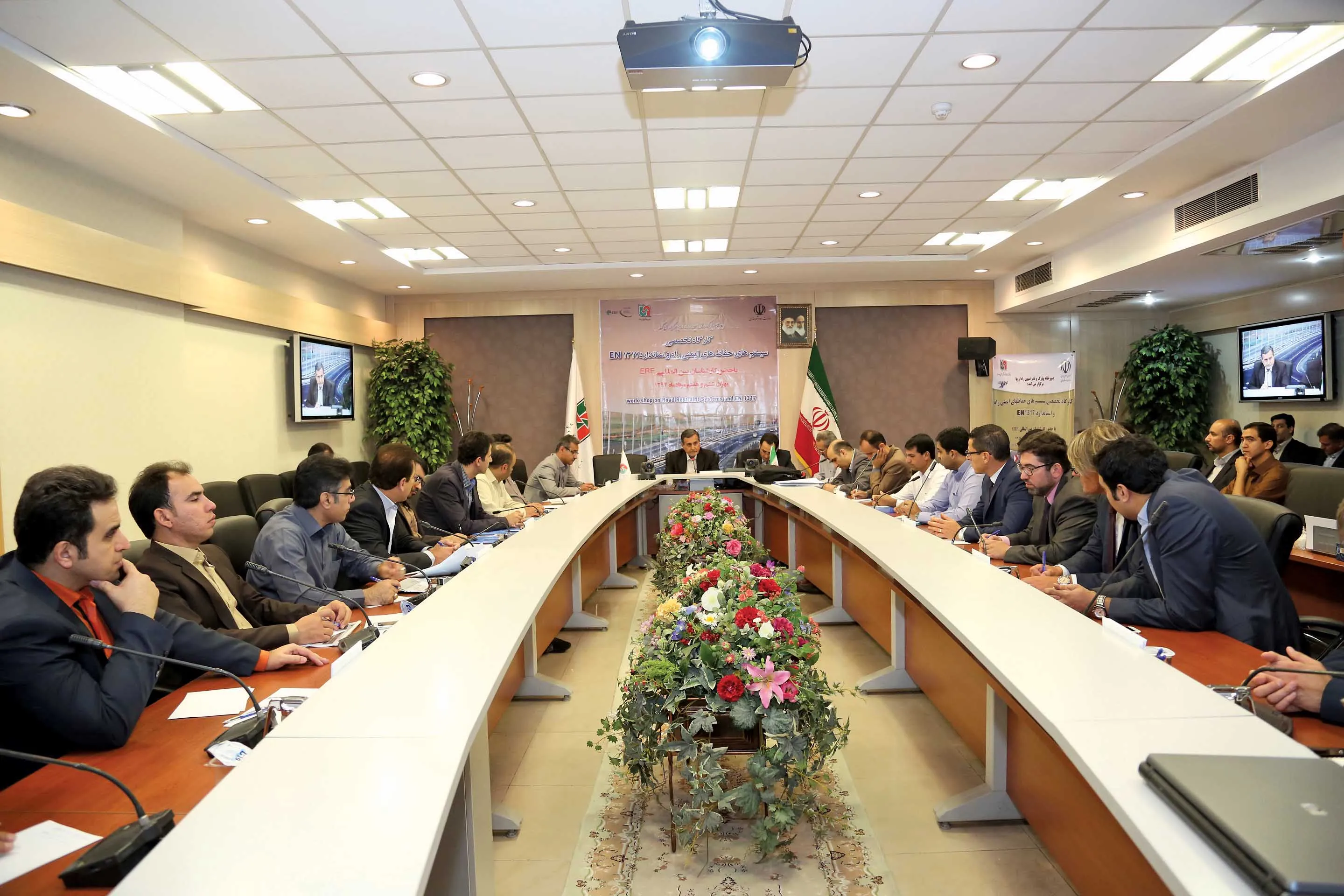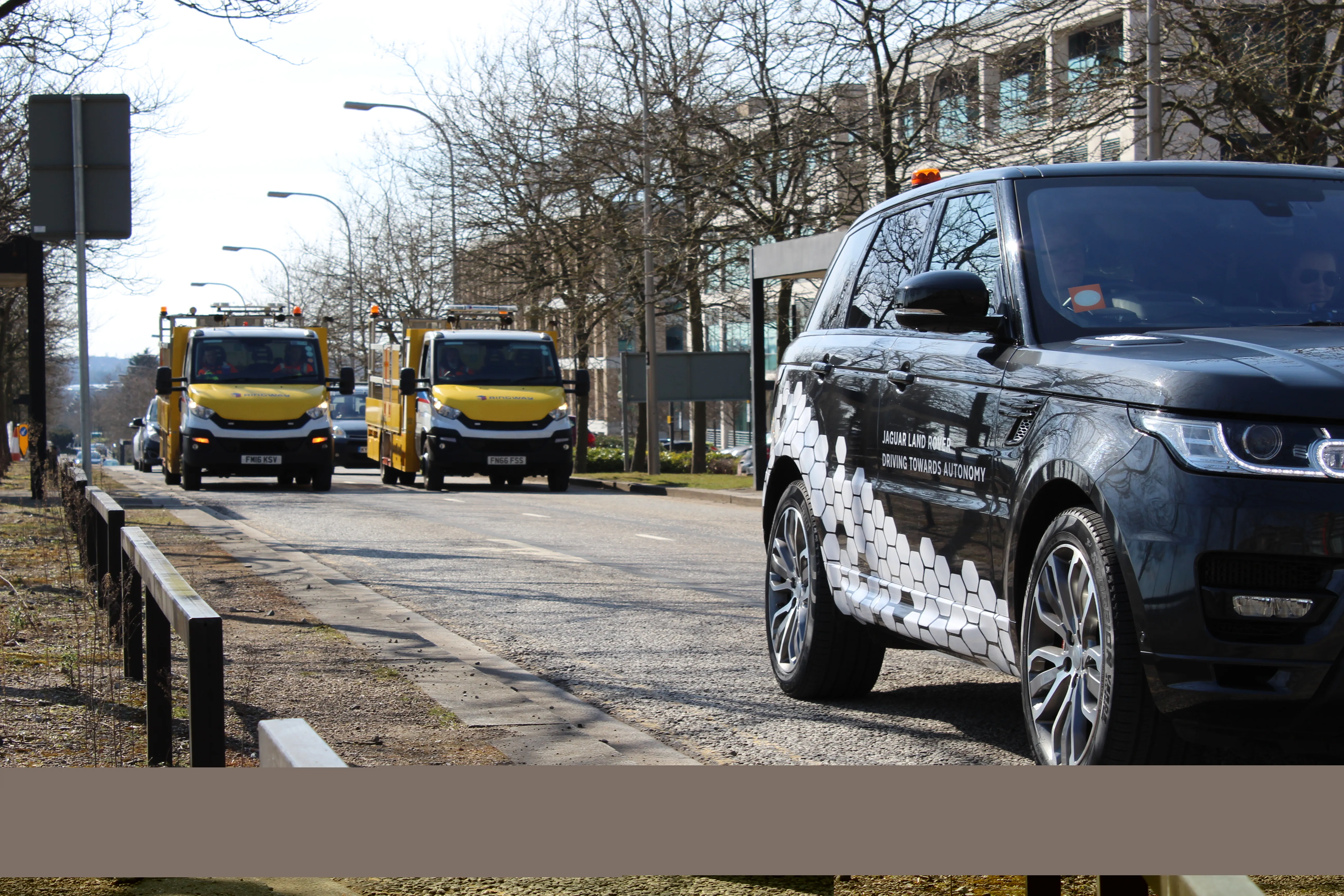The agreement advocates creating an Austrian-Hungarian-Slovenian driverless region to help develop and understand the latest mobility technologies and vehicles, according to a report in the Austrian newspaper Oberösterreichische Nachrichten.
A test-track for autonomous vehicles stretching from Graz, Austria, to Zalaegerszeg in Hungary, via Maribor, Slovenia, may be constructed, the report noted.
The signing ceremony was also attended by European Transport Commissioner Violeta Bulc, the Slovenian member of the EU Commission.
Driverless cars and their impact on road design is being studied by the Vienna-based
In the world of big data, the institute if looking at which infrastructure and vehicle data are relevant to support autonomous driving, and how can they be combined. The project aims to investigate road infrastructure measures that have the highest effectiveness for the transition period with automated vehicles and non-automated road users.
Another objective is to identify where those measures must be implemented. To this end, via-AUTONOM develops a risk model to identify critical spots and road sections - intersections, roadwork zones and curves with limited sight distance – that may hold back increased use of automated vehicles.
Austria, Hungary, Slovenia set up middle Europe driverless region
The transport ministers of Austria, Hungary and Slovenia have signed an agreement to cooperate on the development of autonomous vehicles and e-mobility.
The agreement advocates creating an Austrian-Hungarian-Slovenian driverless region to help develop and understand the latest mobility technologies and vehicles, according to a report in the Austrian newspaper Oberösterreichische Nachrichten.
A test-track for autonomous vehicles stretching from Graz, Austria, to Zalaegerszeg in Hungary, via Maribor, Sl
April 3, 2018
Read time: 2 mins
The transport ministers of Austria, Hungary and Slovenia have signed an agreement to cooperate on the development of autonomous vehicles and e-mobility.








